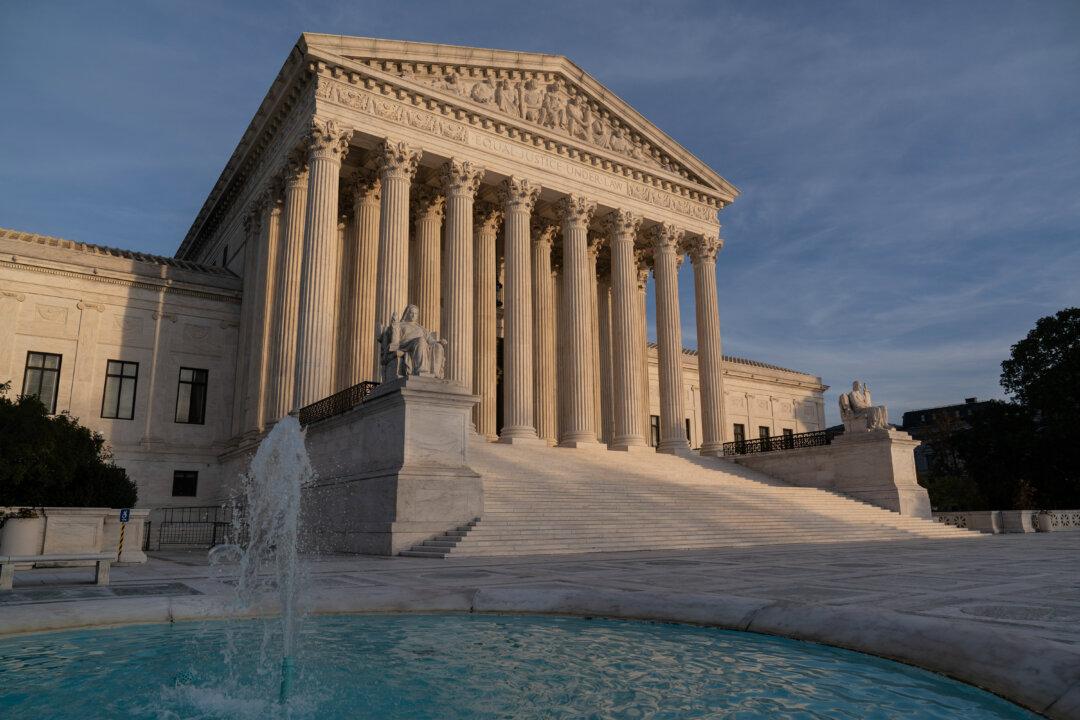The Supreme Court decided March 29 to take up an abortion case from Kentucky, its first since Justice Amy Coney Barrett’s addition to the court gave its conservative wing a 6–3 majority.
The case is Cameron v. EMW Women’s Surgical Center, court file 20-601. EMW Women’s Surgical Center, in Louisville, is Kentucky’s only licensed abortion clinic.





